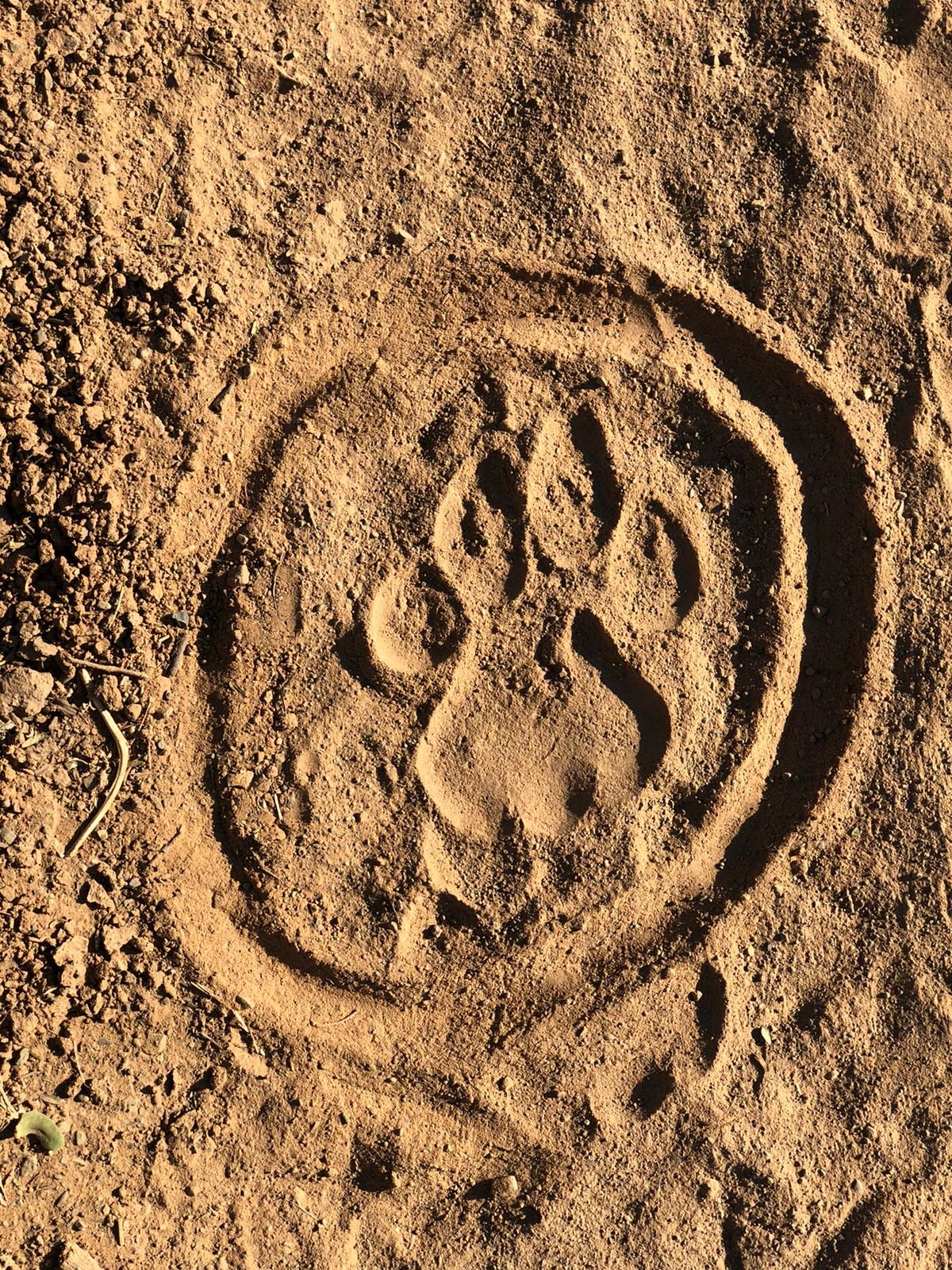
THE ISSUES
WHY TRACKING MATTERS
Western science is touted as the only “real” science, perpetuating long-standing inequity in science and society.
Many traditional ecological knowledge (TEK) systems rely on the same scientific principles that are the foundation of wildlife sciences and conservation biology. Yet, most of our current management decisions are guided solely by Western science.
Excluding non-Western knowledge systems limits our ability to tackle climate change & biodiversity loss.
Research proves that the union of TEK and Western science leads to better wildlife population estimates and data, as well as to new concepts, discoveries, and connections between species previously unrecognized by Western Science alone.
Nearly half of the world’s indigenous knowledge is at risk of extinction, including tracking.
According to the United Nations, this loss is due to systematic discrimination and exclusion. The UN calls for intercultural and multilingual education to prevent the irreparable loss of millenary knowledge and unique ways of understanding the world.
Tracking is a universal language that unites all humans.
Humans’ abilities to recognize patterns, think critically, and make hypotheses based on observations stem from our hunter-gatherer history as trackers. Recultivating the tracking mindset in our daily lives will help people develop respect and empathy for the world around them.